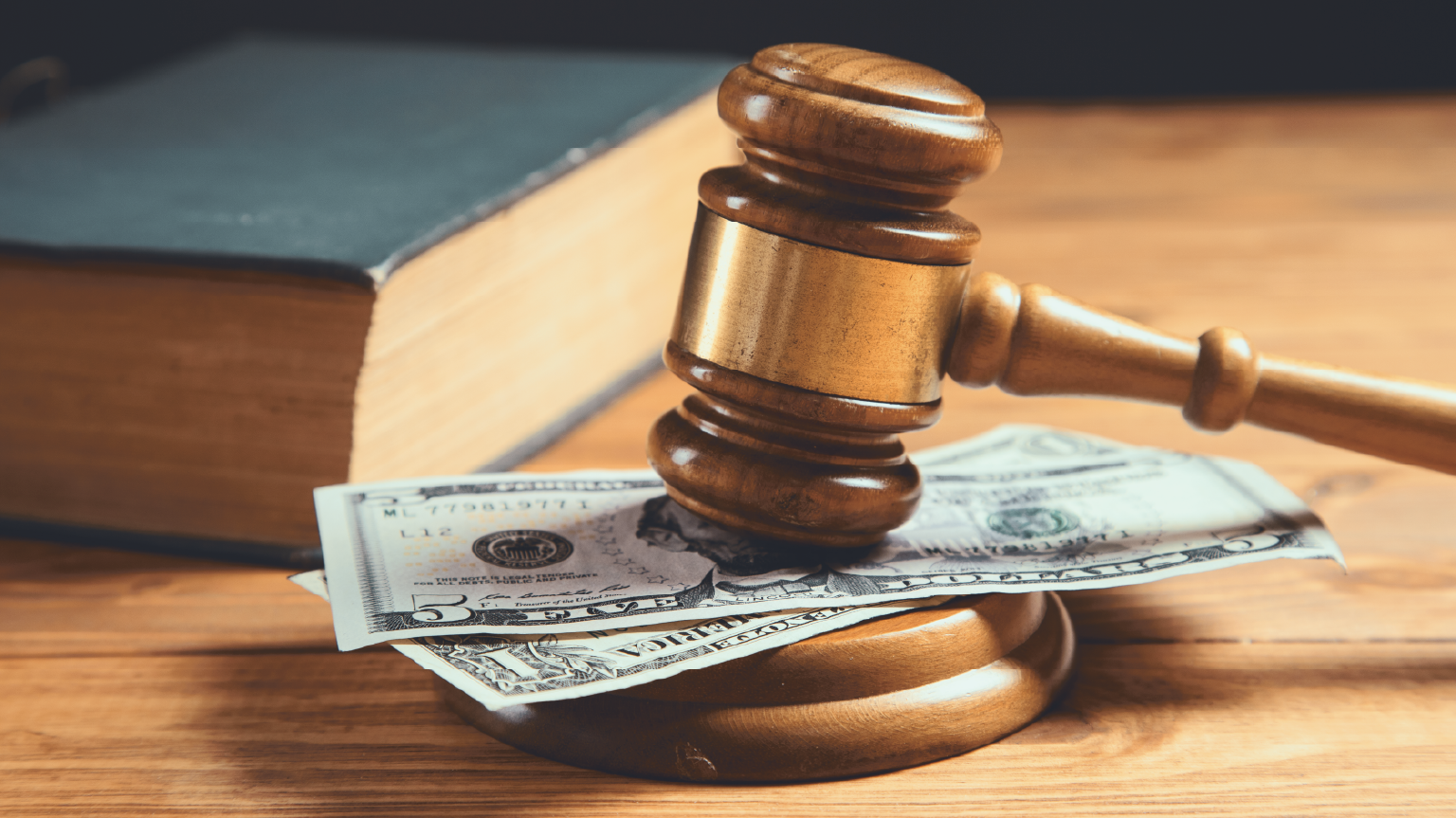Why Debt Consolidation Should be Your First Stop Before Bankruptcy
Dealing with overwhelming debt can be incredibly stressful. And for many, bankruptcy can feel like their only way out.
But pump the brakes — bankruptcy is an excellent option to getting rid of difficult debts, but it’s not always the best fit for everyone in debt. In this article, we’ll examine why you should look into debt consolidation before filing.
What Kind of Debt Do You Have?
Bankruptcy can help clear all your obligations, while debt consolidation only works with eligible, unsecured lines of credit (think personal loans and credit cards).
Understanding the primary problem is the first step to determining which option would work best for your financial outlook. Filing for personal bankruptcy — either through Chapter 7 or Chapter 13 — is a significant legal step that brings long-lasting consequences. Depending on the type, it can remain on your credit report for up to ten years. It can also make life more challenging by limiting your ability to:
- Rent a home or apartment
- Qualify for a mortgage
- Secure employment in certain industries
- Obtain new credit lines
Moreover, bankruptcy proceedings can be emotionally taxing, expensive and publicly visible, further complicating your life.
That said, bankruptcy can help you if you’re underwater with expensive mortgage payments, loans and other debts, either offering you the path to liquidate your assets or set up a repayment plan. But liquidating your home can be an especially difficult choice, especially as the cost of living has increased significantly in many areas over the past decade.
So if you’re considering declaring bankruptcy over large, unsecured debts, debt consolidation could be a good option. It’s a practical, less disruptive alternative. It involves combining several debts (like credit cards, medical bills or personal loans) into one manageable monthly payment. This restructuring can significantly ease your financial burden without the harsh consequences of bankruptcy.
The Benefits of Debt Consolidation
Understanding each option can help you select the best method for your unique financial situation. Each approach has its distinct advantages and drawbacks — so carefully consider how your needs and goals align with each option.
Debt Consolidation vs. Bankruptcy: Pros and Cons
Debt Consolidation Pros
- Lowers your eligible monthly payments by 40% or more
- Simplifies repayment by combining all bills into one
- Can help you get debt-free in as little as 24-48 months
- Avoids the stigma and public record associated with bankruptcy
Debt Consolidation Cons
- Only certain types of debt can be enrolled
- May impact your credit score
Bankruptcy Pros
- Deals with almost all debts, from mortgage to credit card
- Clears your debts or creates an affordable repayment plan
- Highly structured and controlled legal process
Bankruptcy Cons
- Public process that stays on your record for up to ten years
- May require expensive, professional legal support
- Impacts your credit and complicates your ability to get housing, some types of work and more
- May require major lifestyle changes
If you’re unsure about your next step, it’s worth getting an evaluation from a trusted debt consolidation program, like Beyond’s. Debt consolidation can offer instant financial flexibility, and put you on a path to better financial health.
Want to see how much you could save with Beyond? Easily get a savings estimate in seconds — we’ll walk you through the rest!
